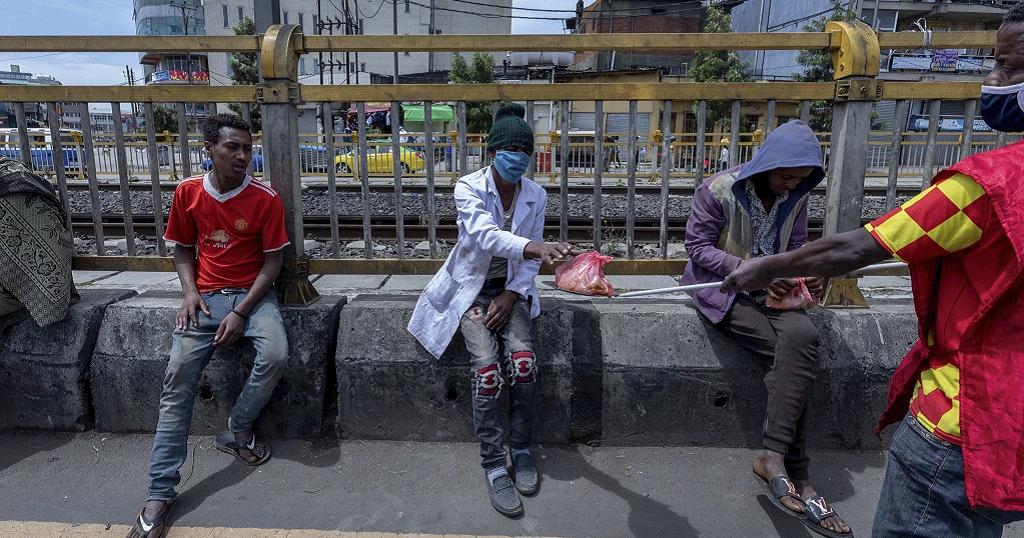Reza Mirabian, in an interview with the website of the Strategic Council on Foreign Relations, termed deportation of 3,000 Ethiopian migrants by Saudi Arabia irresponsible and pointing to the UN’s concern about the consequences of this action in the face of the global outbreak of the coronavirus, said: Expelling such a big number of migrants without corona diagnosis tests is not humanitarian because Ethiopia is already plagued by the spread of the corona disease and is in a state of poverty and disorder.
He said the Riyadh government has been seeking for years to Saudize the workforce and reduce the number of foreign nationals in the country, adding that the deportations were not limited to Ethiopians and included Asian and African nationals, whose number is in the thousands.
The West Asian affairs expert criticized the move because of the global outbreak of coronavirus, saying it was “unethical and inhumane” to target these individuals, as well as the destination country. At the very least, these people should have been quarantined so that if they were infected, they would not be transferred to their homeland, and if they did, they would be hospitalized and provided with medical care.
Mirabian added: “Even if these people were living illegally in Saudi Arabia, their dismissal in these circumstances would add to the burden in their home countries.”
Pointing to the concerns of the international community over the continued deportation of more than 200,000 Ethiopian migrants and following the same policy by other Arab states along the Persian Gulf, he said: This has been fueled by a sharp drop in oil prices and a severe budget deficit in Saudi Arabia which has forced Riyadh to cut the number of foreign workers.
The analyst said half of the Saudi population is non-Saudis, adding that Riyadh had begun with the expulsion of the non-specialist workforce to reduce the proportion, but at this time juncture it has created a lot of sensitivity.










0 Comments